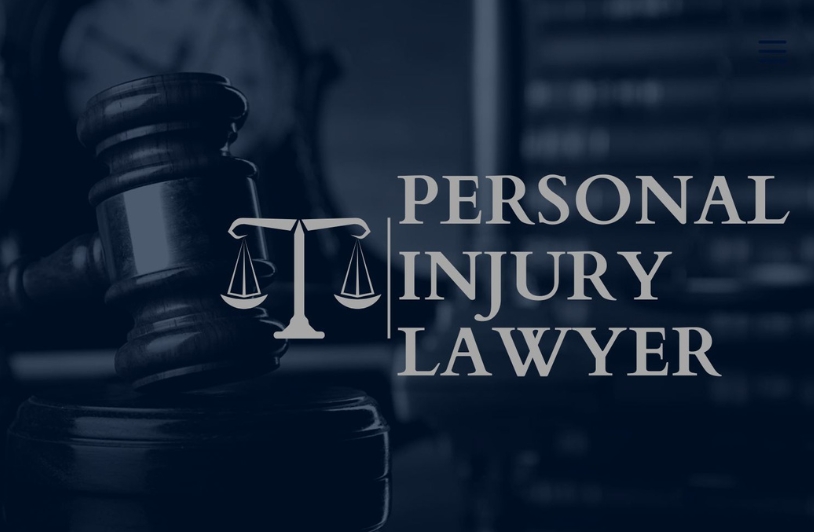Making the decision to take your personal injury case in court can be daunting when dealing with the aftermath of an event. It’s a decision that calls for thorough consideration, planning, and the right guidance.
Speaking with the top personal injury lawyers in your area can make all the difference in ensuring that your case will be handled properly, whether inside or outside the court.
To improve your chances of success, you should know some important things before you enter the courtroom. These are the five key factors to remember.
The Importance of Evidence
The core of any successful personal injury case is solid evidence. Police reports, witness statements, pictures of the accident scene or injuries, and medical records will all be necessary to support your claim.
Dashcam video records or pictures of the damage to your car, for example, could support your claim if you were in a car crash.
Similarly, maintaining comprehensive records of medical procedures, including bills and diagnoses, can assist in determining the full extent of your injuries.
A word of advice: Get evidence collection underway right away. To prevent problems later, make sure everything is properly documented and stored safely.
The Costs Involved
There may be a number of expenses associated with taking your personal injury case to trial. These could include payments for expert witnesses or investigations, court filing fees, and legal fees.
Thankfully, most of the best personal injury attorneys take cases on a contingency fee basis, which means they only get compensated if you win. Nevertheless, in order to avoid surprises, it is essential to talk about possible expenses upfront.
A word of advice: When selecting an attorney, make sure you understand the fee structure and other costs. Being open and honest from the beginning aids in proper budgeting.
The Court Process is Lengthy and Uncertain
Court proceedings sometimes take months or even years to conclude, in contrast to out-of-court settlements, which can be completed swiftly. Pre-trial negotiations, discovery, hearings, and the trial itself are some of the steps in the process.
A court case’s conclusion can also be uncertain because it depends on a number of factors, including the jury’s opinion, the strength of your evidence, and the credibility of your witnesses.
A word of advice: Get mentally and emotionally ready for what could be a drawn-out procedure. You may go through the process more patiently if you have realistic expectations.
The Role of Legal Representation
Your best ally in court may be an experienced personal injury attorney. They know how to properly present evidence, negotiate with opposing parties, and construct a compelling case, in addition to being adept at the complexities of the law.
Look for a lawyer who has a solid track record, has handled cases similar to yours, and has received good feedback from clients. Leading personal injury attorneys frequently provide free consultations so that you can determine if they are the best choice for your particular situation.
A word of advice: To make sure you’re in good hands, don’t be afraid to inquire about your lawyer’s background, strategy, and track record of success.
Legal Deadlines
The legal deadline for submitting a claim is known as the statute of limitations and applies to all personal injury cases. No matter how compelling your argument is, it could be rejected if you miss this deadline.
Although the deadline varies by jurisdiction, it is usually two years from the date of the incident in many states. However, some situations may have shorter or longer deadlines, such as those involving minors or government agencies.
A word of advice: Seek legal advice as soon as possible to ensure you meet all deadlines and submit your claim within the time frame.
Conclusion
Making the decision to take your personal injury case to trial is a big one that needs careful consideration and preparation. Every stage is crucial for your success, from obtaining solid proof and sticking to legal deadlines to understanding costs and the importance of legal counsel.
You can improve your likelihood of a favorable outcome by working with the best personal injury attorneys while staying up to date on the procedure. Understand that getting justice and receiving the compensation you are entitled to depends entirely on your level of effort and commitment.
Consult an experienced lawyer and start the process of resolving your case immediately if you’re thinking about pursuing legal action.
Photo at top by Imagesource.io. (n.d.). Personal Injury Lawyer Retrieved February 12, 2025
CLICK HERE TO DONATE IN SUPPORT OF DCREPORT’S NONPROFIT MISSION




